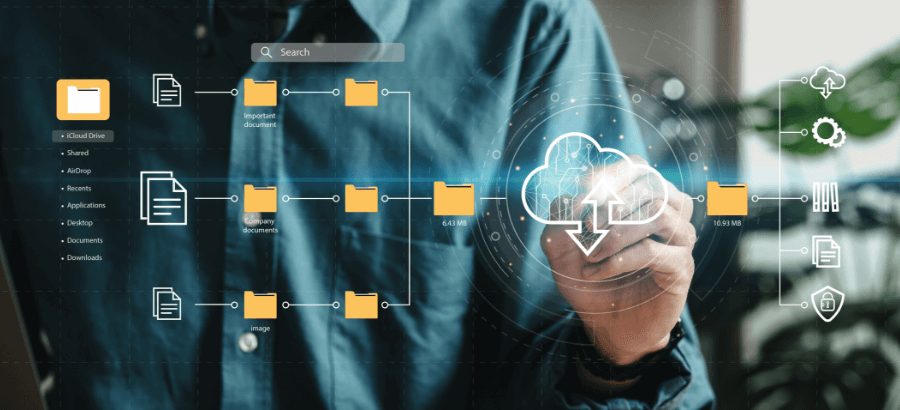The ERP channel landscape is transforming. While on-premises ERP deployments are still more common than one might think among mid-market manufacturers and distributors, Cloud ERP deployment has rapidly accelerated. According to Panorama Consulting’s ERP Report, in 2019 44% of companies deploying ERP chose the cloud but by 2022 this increased to 65% choosing a cloud model.
These rapid changes have enormous implications for the channel. ERP vendors and customers still need the expertise of Value-Added-Resellers (VARs) and other channel partners, but these partners will need to adapt to this uptake in cloud models.
Here’s how cloud is changing the ERP channel landscape:
- New business strategies
The Cloud ERP model is fundamentally altering what manufacturers and distributors buy, as well as the role of the partners they buy from. These changes are bringing both challenges and opportunities for partners. The scope of what they do is much broader and more strategic: they’re becoming agents of change and driving the digital transformation of their clients. With cloud, forward-looking partners are going far beyond merely implementing a vendor’s software. They’re helping their clients decide how to implement a range of technologies – like AI, IoT, and automation to advance and transform their businesses.
- A shift in skills
According to the Wall Street Journal, cloud computing jobs grew 94% from 2017 to 2020, compared to 20% growth for tech job postings in general. In addition to the traditional hardware, software and networking skills needed for on-premises ERP, there is now a need to add cloud infrastructure, cloud security and privacy management.
In a labor market that’s already tight, hiring cloud specialists will be especially hard. As a result, channel companies will need to upskill their current employees. Solid training programs are now table stakes to remain competitive. There is an opportunity for ERP vendors to incentivize partners to stay abreast of technology developments. Along with incentives, ERP vendors need to continuously update materials and training resources to empower channel partners.
- Redefined revenue models
ERP channel companies have long built their businesses on up-front licenses complemented by ongoing support fees. In this newer world of cloud ERP, licenses are replaced by subscription models. This change should make revenue more predictable, ultimately providing a stabilizing effect. While revenue profiles of partners are changing, their costs are also reducing, as implementations are getting easier since they can now be done remotely.
- A new definition to partner success
As the role of partners evolves with cloud to be strategic business partners, it will be crucial for ERP vendors to evolve too. Partnership structures need to be geared more around achievement of client success, satisfaction, and engagement. Partner competencies need to be fully certified, and tiering should reflect the partner’s investment in joint business development initiatives.
ERP is a long-term play because it’s a core platform on which manufacturers and distributors build their business operations. As ERP continues to move to the cloud, it will open up new opportunities for the channel. So long as they work together, vendors and their channel partners can forge a new model that works for everyone.
We are committed to helping our partners transform their businesses to succeed as the market changes. If you’re looking for industry specialists who know manufacturing and distribution and are committed to the success of the channel, get in touch. We’d love to talk with you about the opportunities ahead.







